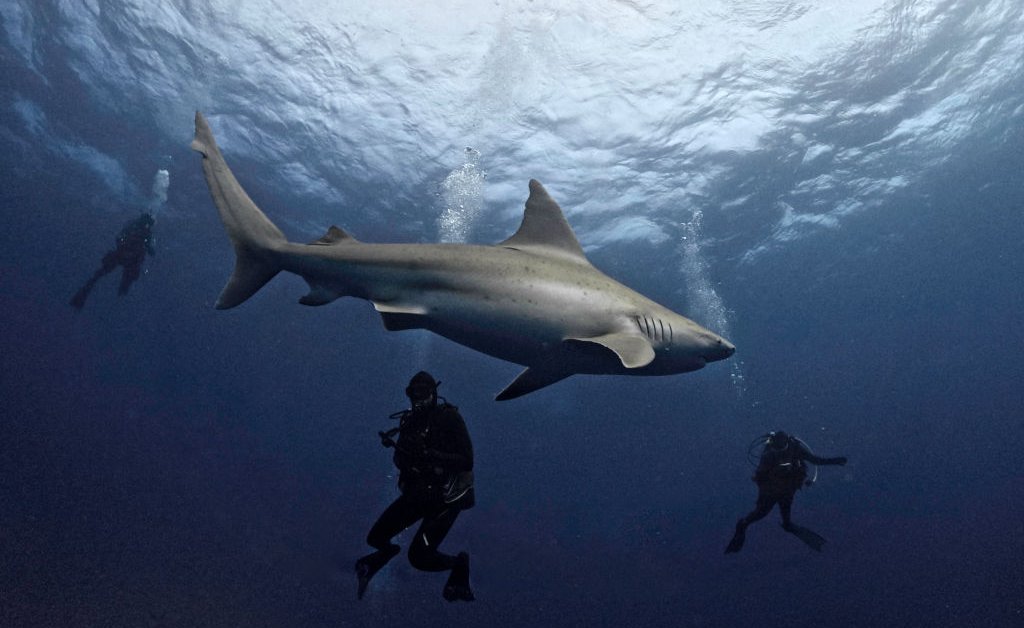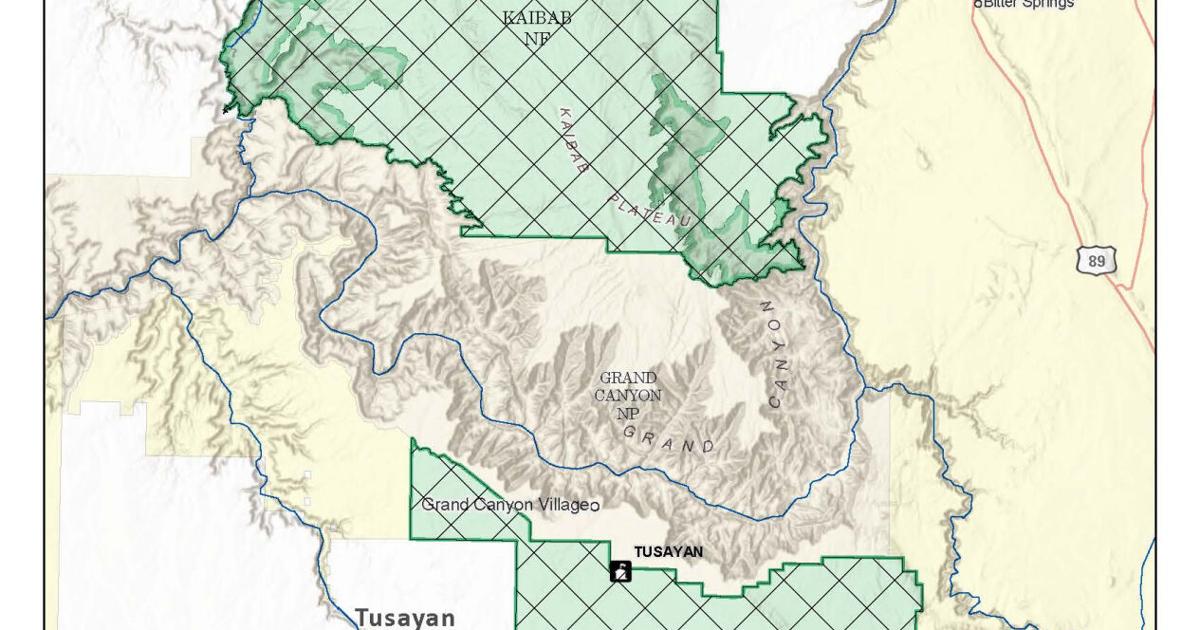Did Jaws Hurt Or Help Marine Conservation? A Critical Look At The Film's Impact

Welcome to your ultimate source for breaking news, trending updates, and in-depth stories from around the world. Whether it's politics, technology, entertainment, sports, or lifestyle, we bring you real-time updates that keep you informed and ahead of the curve.
Our team works tirelessly to ensure you never miss a moment. From the latest developments in global events to the most talked-about topics on social media, our news platform is designed to deliver accurate and timely information, all in one place.
Stay in the know and join thousands of readers who trust us for reliable, up-to-date content. Explore our expertly curated articles and dive deeper into the stories that matter to you. Visit Best Website now and be part of the conversation. Don't miss out on the headlines that shape our world!
Table of Contents
Did Jaws Hurt or Help Marine Conservation? A Critical Look at the Film's Impact
The summer of 1975 saw the release of Steven Spielberg's Jaws, a film that transcended its genre to become a cultural phenomenon. Its iconic score and terrifying great white shark cemented its place in cinematic history. But beyond the box office success and enduring legacy, Jaws sparked a passionate debate: did it ultimately hurt or help marine conservation efforts? The answer, as we'll explore, is surprisingly complex.
The immediate aftermath: A shark-phobic frenzy
Following Jaws' release, a wave of fear swept across the globe. Many beaches saw a significant drop in attendance as people associated the ocean with imminent danger. This fear, fueled by the film's sensationalized portrayal of great white sharks, led to widespread shark culls. Fishermen, emboldened by public panic, actively hunted great whites, contributing to a significant decline in their populations. This undeniable negative impact on shark populations is often cited as the film's most damaging consequence. The indiscriminate killing of sharks, fueled by fear, is a stark example of the devastating consequences of misinformation.
The long-term perspective: Increased awareness and funding?
However, a counterargument suggests that Jaws, despite its initial negative impact, ultimately benefited marine conservation in the long run. The film's enormous success brought unprecedented attention to the ocean and its inhabitants. This increased public awareness, some argue, paved the way for future conservation initiatives. The fascination with sharks, initially sparked by fear, eventually fostered a deeper understanding and appreciation for these magnificent creatures.
Shifting perceptions: From villain to vulnerable species
Over the decades following Jaws, the narrative surrounding sharks has gradually shifted. Scientific research has unveiled the vital role sharks play in maintaining healthy ocean ecosystems. Organizations like the Pew Charitable Trusts and the Ocean Conservancy have worked tirelessly to educate the public about the importance of shark conservation, highlighting their vulnerability and the dire consequences of overfishing and habitat destruction. This change in perception is, in part, a result of the groundwork laid by the increased awareness generated by Jaws, even if indirectly.
The role of media in shaping public opinion
Jaws serves as a potent example of the power of media to shape public perception. While the film undeniably contributed to the initial decline in shark populations, its lasting impact might be more nuanced. It sparked a conversation, however flawed initially, about the relationship between humans and the ocean. This conversation, while initially fueled by fear, eventually evolved into a more informed and compassionate understanding of marine life.
Moving forward: Responsible storytelling and conservation
The legacy of Jaws is a complex one. While it undeniably fueled a period of harmful shark culls, it also indirectly contributed to a broader conversation about marine conservation. The key takeaway is the responsibility of media to portray wildlife accurately and avoid perpetuating harmful stereotypes. Moving forward, responsible storytelling is crucial in promoting effective conservation efforts and fostering a sustainable relationship between humans and the natural world. We must learn from the past to ensure future media depictions of marine life contribute positively to conservation goals.
Call to action: Learn more about shark conservation and support organizations dedicated to protecting these vital creatures. Explore resources like the International Shark Attack File for factual information on shark attacks and the role of responsible ocean stewardship.

Thank you for visiting our website, your trusted source for the latest updates and in-depth coverage on Did Jaws Hurt Or Help Marine Conservation? A Critical Look At The Film's Impact. We're committed to keeping you informed with timely and accurate information to meet your curiosity and needs.
If you have any questions, suggestions, or feedback, we'd love to hear from you. Your insights are valuable to us and help us improve to serve you better. Feel free to reach out through our contact page.
Don't forget to bookmark our website and check back regularly for the latest headlines and trending topics. See you next time, and thank you for being part of our growing community!
Featured Posts
-
 No Way Home Marvel Changed A Key Scene Due To Online Fan Speculation
Jul 05, 2025
No Way Home Marvel Changed A Key Scene Due To Online Fan Speculation
Jul 05, 2025 -
 Leonard Hill Tidewater News Selects Top Philadelphia Personal Injury Lawyer For 2025
Jul 05, 2025
Leonard Hill Tidewater News Selects Top Philadelphia Personal Injury Lawyer For 2025
Jul 05, 2025 -
 4 Juli 2025 Perayaan Dan Peringatan Hari Penting Yang Perlu Anda Ketahui
Jul 05, 2025
4 Juli 2025 Perayaan Dan Peringatan Hari Penting Yang Perlu Anda Ketahui
Jul 05, 2025 -
 Panama Upsets Australia 0 1 In International Womens Football Friendly
Jul 05, 2025
Panama Upsets Australia 0 1 In International Womens Football Friendly
Jul 05, 2025 -
 Tidewater News Recognizes Leonard Hill As Top Philadelphia Personal Injury Lawyer
Jul 05, 2025
Tidewater News Recognizes Leonard Hill As Top Philadelphia Personal Injury Lawyer
Jul 05, 2025
Latest Posts
-
 Positive Aussichten Fuer Bayer Goldman Sachs Erhoeht Kursziel
Jul 05, 2025
Positive Aussichten Fuer Bayer Goldman Sachs Erhoeht Kursziel
Jul 05, 2025 -
 Atlanta Police Officer Involved In Midtown Bar Fight 911 Call Details Emerge
Jul 05, 2025
Atlanta Police Officer Involved In Midtown Bar Fight 911 Call Details Emerge
Jul 05, 2025 -
 Bayer Chef Sieht Glyphosat Rueckgang Als Positiv Was Steckt Dahinter
Jul 05, 2025
Bayer Chef Sieht Glyphosat Rueckgang Als Positiv Was Steckt Dahinter
Jul 05, 2025 -
 Panama Upsets Australia 0 1 In International Womens Football Friendly
Jul 05, 2025
Panama Upsets Australia 0 1 In International Womens Football Friendly
Jul 05, 2025 -
 Increased Fire Risk Leads To Stage 1 Fire Restrictions On Parts Of Kaibab National Forest
Jul 05, 2025
Increased Fire Risk Leads To Stage 1 Fire Restrictions On Parts Of Kaibab National Forest
Jul 05, 2025
